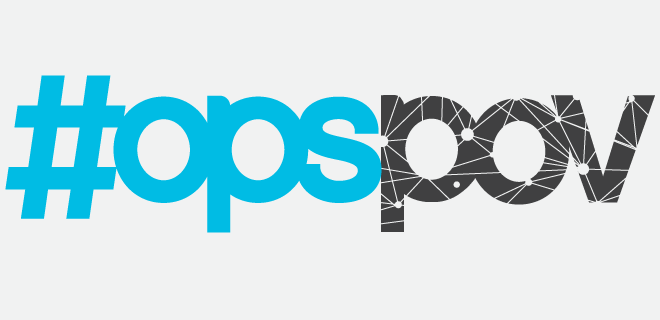
Back on Jan. 11, Facebook announced it was switching up its news feed algorithm to prioritize original posts from users, and to de-prioritize links to news stories. Following uproar and confusion from publishers and marketers about how much good or ill that will do to users, Facebook came back this week and said it would be switching up the same algorithm to boost local news. That might look like an olive branch to both smaller, local news outlets, and to users who genuinely want to use Facebook to stay informed. But I wonder whether local outlets stand to lose the most from being algorithmically demoted.
As for national or international media companies—they’ll lose referral traffic in the short run, but this might be the kick in the pants they need to act on their increasing displeasure with Facebook.
I got to thinking about the effect on smaller pubs when a friend of mine—a career reporter for local newspapers, a guy several years older than I who came from print but has eagerly kept pace with digital since the ‘90s—posted to Facebook that their changes are “helping to destroy local news.”
That kicked off a lively thread, with generations of media types chiming in. My friend saw Facebook’s move as a ploy to get media companies to pay more for ads (I expect he’s partly right), and a ploy to save face as the fake news problem becomes clearer and uglier. He added—and I think everyone agrees on this—that Facebook needs human input to weed out fake news. He suggested the company first didn’t want to deal with bad PR from anyone accusing that human input of being politically biased, and secondly, that computers are cheaper anyway. I’m inclined to believe the second of those points is a much bigger concern for Facebook than the first. Facebook knows it has a PR problem, and it’s more cost-effective to tear down part of its established relationship with publishers than repair it.
The “Captive Audience” Advantage
But I question the degree to which local news is in the crosshairs. The media outlets that have to worry the most about Facebook’s news feed algorithm are those who are covering the same stories as 10,000 other media outlets. Local pubs don’t really have that problem. If I want to hear about what’s happening in City Hall in my hometown of Bristol, CT, I’ll have to check up with the hometown paper, the Bristol Press. And pretty much anytime I try to read a news article on their site, I find it’s gated behind a survey.
I know the Press, like a lot of local dailies in smallish cities, has been on and off life support for 20 years, and at first I thought gating their content was a sign it didn’t understand how to engage an audience online. Now I think it’s a sign the paper is onto something. Their audience isn’t large, but it’s a captive audience. If you’re in that position, do you want to focus on driving subscriptions among a captive audience, or do you want to try to drive referral traffic from Facebook? Honestly, if the content is utterly unique and the audience cares deeply, I’d choose the first option.
So I don’t really think local pubs are on the ropes here. I don’t think national news pubs and broadcasters are, either. To that end, here’s what I said on my friend’s thread:
Every major publisher relies on Facebook for traffic… and it sounds like very few of them are happy with that arrangement.
I’m really curious about how Facebook’s move to demote news posts might accelerate publishers’ efforts to become less reliant on Facebook for traffic. Facebook has a habit of rolling out new tools and initiatives, expecting publishers and broadcasters to get on board with them, and then abandoning them. There’s all this time publishers’ developers are spending complying with Facebook’s whims when they could be doing literally anything else to make their own sites more user-friendly and profitable. And publishers/broadcasters constantly gripe about how Facebook brings them all of this traffic, but won’t share enough data insights with them about that traffic.
Being on Facebook has been something of a grudging necessity for a lot of publishers. It would’ve been unwise for a publisher to develop a business model that couldn’t survive if Facebook disappeared. Based on what media types are saying in the trades, there’s some appetite for an alternative, some other aggregator of news, maybe one driven by publishers themselves. For now, maybe larger pubs should take a page from the small players—give users content no one else has, and make sure they know how to find it.